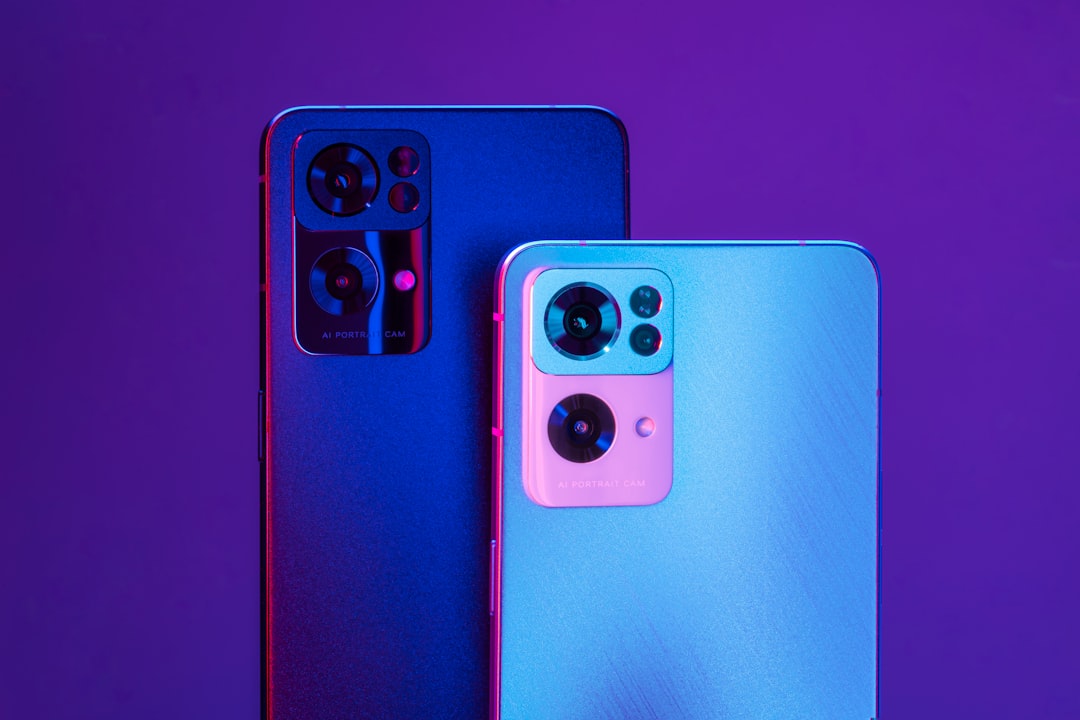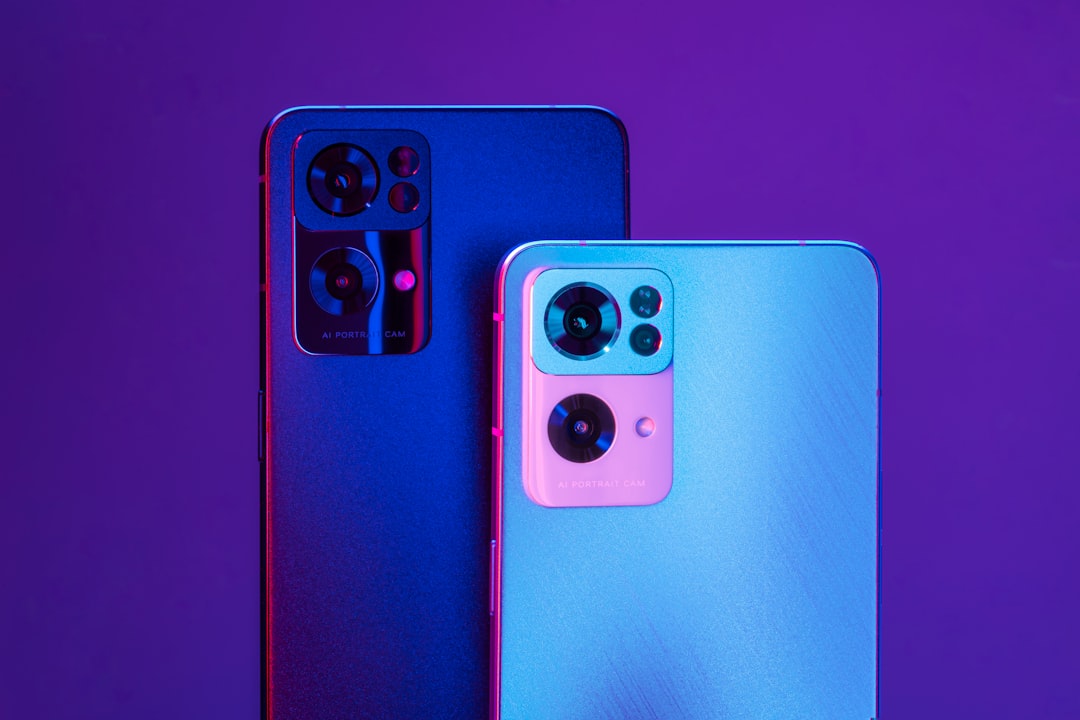Georgia's robocall laws protect residents from intrusive automated calls by mandating explicit consent for marketing calls and making unauthorized robocalls illegal. Consumers can take action against violators, report unwanted calls, and use legal options like the FTC or Georgia Attorney General's Office. Staying informed, registering on the National Do Not Call Registry, using call-blocking apps, and being cautious with unknown calls are effective strategies to combat persistent robocalls.
In the digital age, unwanted robocalls have become a pervasive nuisance in Georgia. Understanding your rights under Georgia’s robust robocall laws is essential for protecting your privacy and peace of mind. This article guides you through navigating the legal landscape of robocall regulations in Georgia, empowering you to take action against violators. From identifying unauthorized calls to exploring legal remedies, we’ll explore practical steps to stop the deluge of intrusive automated messages.
Understanding Robocall Regulations in Georgia

In Georgia, robocall laws are designed to protect residents from unsolicited automated phone calls, often known as robocalls. The state has implemented specific regulations to curb excessive and unwanted robocalling activities. According to these laws, companies or individuals must obtain explicit consent before initiating automated phone calls for marketing purposes. This means that if you have not given permission for a business to contact you using robotic dialing, such calls are considered illegal.
Georgia’s robocall laws also empower residents to take legal action against violators. If you receive robocalls without prior consent, you have the right to report these incidents to the Georgia Attorney General’s office. Additionally, several private organizations offer services to block and trace robocalls, providing further protection for Georgians. Understanding and familiarizing yourself with these regulations is a crucial step in defending against unwanted robocalls and asserting your rights as a consumer.
Identifying Unwanted Calls: Your Rights

In Georgia, identifying and addressing unwanted robocalls is a significant concern for many residents. Robocalls, automated telephone marketing calls, are often perceived as intrusive when not solicited or allowed by the caller. Georgians have specific rights under the state’s robocall laws to take action against these nuisance calls.
According to Georgia law, callers must obtain explicit consent before placing automated phone calls for commercial purposes. This means that if you have not given permission for a company to call you using an automatic dialing system, such as a prerecorded message or artificial voice, you can take legal action. There are strict regulations in place to protect consumers from these unwanted intrusions, and violators may face penalties.
Legal Recourses for Robocallers Violations

In Georgia, unwanted robocalls can be a nuisance and even a violation of state laws. If you’ve received excessive or unauthorized automated calls, you have several legal recourses. The Telephone Consumer Protection Act (TCPA) provides consumers with rights against robocallers, allowing them to file complaints with the Federal Trade Commission (FTC). In Georgia, residents can also take their case to court, seeking damages for each violation under the state’s consumer protection laws.
If the robocalls are willful or cause significant harm, individuals can seek treble damages, meaning they can recover three times the actual amount of damage incurred. Additionally, Georgia’s laws against telemarketing fraud offer further protections and penalties for unscrupulous call centers. It’s advisable to document the calls, including dates, times, and the content of messages, as this evidence can be crucial in legal proceedings against robocallers.
Filing a Complaint: Steps and Options

If you’ve received an unwanted robocall in Georgia, filing a complaint is a crucial step to stop the nuisance. The first move is to gather evidence; note down the caller’s phone number, the date and time of the call, and any details about the message or company behind the call. You can then file a complaint with the Federal Trade Commission (FTC) using their online Complint Assistant tool. This federal agency tracks and penalizes violators of robocall laws.
In Georgia, the Attorney General’s Office also accepts complaints for robocalls. You can submit your information and evidence through their website or by calling their consumer protection division. These reports help authorities track patterns and take legal action against persistent violators. There are also class-action lawsuits filed against companies making unwanted robocalls, where individuals can opt in to join the suit if they’ve been affected; keeping an eye on such cases can be beneficial.
Effective Strategies to Stop Robocalls

Unwanted robocalls can be a persistent nuisance, but there are effective strategies to stop them in Georgia. One powerful tool is the Telemarketing and Consumer Fraud Prevention Act (TCFA), which provides robust protections for consumers. This law allows individuals to register their phone numbers on the National Do Not Call Registry, significantly reducing the volume of robocalls received. Additionally, Georgia’s Attorney General’s Office actively enforces telemarketing laws, taking legal actions against violators.
For a more targeted approach, consumers can employ tools like call-blocking apps and devices that filter out robocalls. These solutions learn to recognize and block automated calls over time. Moreover, staying informed about the latest robocall scams and being cautious when answering unknown calls can significantly reduce their impact. Combining these strategies offers a comprehensive defense against unwanted robocalls, empowering Georgia residents to reclaim control of their communication channels.






